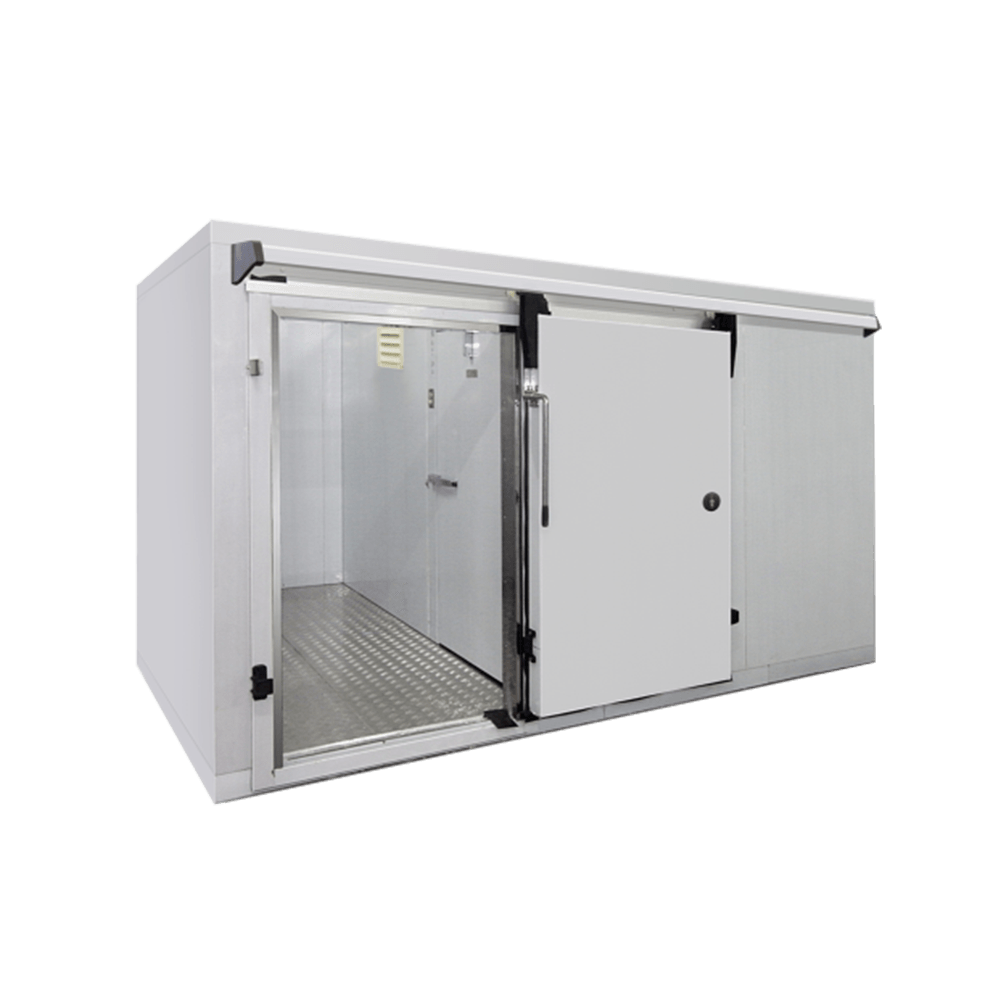In recent years, the global focus on sustainability and environmental conservation has significantly impacted various industries, including cold room manufacturing. As businesses strive to reduce their carbon footprint and adopt greener practices, manufacturers in the cold room industry are adapting to meet these green environmental demands. In this article, we explore the latest trends in the cold room industry and how manufacturers like Cnau are addressing the growing need for eco-friendly solutions.

With concerns about climate change and environmental degradation on the rise, businesses across industries are under increasing pressure to minimize their impact on the planet. The cold room industry is no exception, as energy-intensive refrigeration systems contribute to greenhouse gas emissions. As a result, there is a growing demand for cold room solutions that are both efficient and environmentally friendly.
One of the most significant trends in the cold room industry is the adoption of energy-efficient designs and technologies. Manufacturers like Cnau are investing in innovative insulation materials, advanced refrigeration systems, and smart temperature control technologies to minimize energy consumption and reduce operating costs. These energy-efficient solutions not only benefit the environment but also help businesses save money in the long run.
Another key trend in the cold room industry is the focus on sustainable materials and practices. Manufacturers are increasingly using eco-friendly insulation materials, such as natural fibers and recycled materials, to reduce their environmental impact. Additionally, there is a growing emphasis on sustainable manufacturing processes, including waste reduction, recycling, and responsible sourcing of materials.
In response to the growing demand for renewable energy solutions, cold room manufacturers are integrating renewable energy sources into their systems. Solar panels, wind turbines, and geothermal systems are being used to power cold rooms, reducing reliance on fossil fuels and lowering carbon emissions. By harnessing renewable energy, businesses can achieve greater energy independence and sustainability.
Manufacturers are also focusing on optimizing cold room operations to improve efficiency and reduce environmental impact. This includes implementing advanced monitoring and control systems to optimize temperature and humidity levels, reducing energy waste, and extending the lifespan of perishable goods. By streamlining operations, businesses can minimize their environmental footprint while maximizing productivity.
Many cold room manufacturers, including Cnau, are actively collaborating with green certification programs to ensure that their products meet stringent environmental standards. By obtaining certifications such as LEED (Leadership in Energy and Environmental Design) and ENERGY STAR, manufacturers can demonstrate their commitment to sustainability and attract environmentally conscious customers.
In conclusion, the cold room industry is undergoing a significant transformation as manufacturers respond to green environmental demands. By embracing energy-efficient designs and technologies, focusing on sustainable materials and practices, integrating renewable energy sources, optimizing operations, and collaborating with green certification programs, manufacturers like Cnau are leading the way towards a more sustainable future. As businesses increasingly prioritize environmental sustainability, the demand for eco-friendly cold room solutions is expected to continue growing, driving further innovation and progress in the industry.